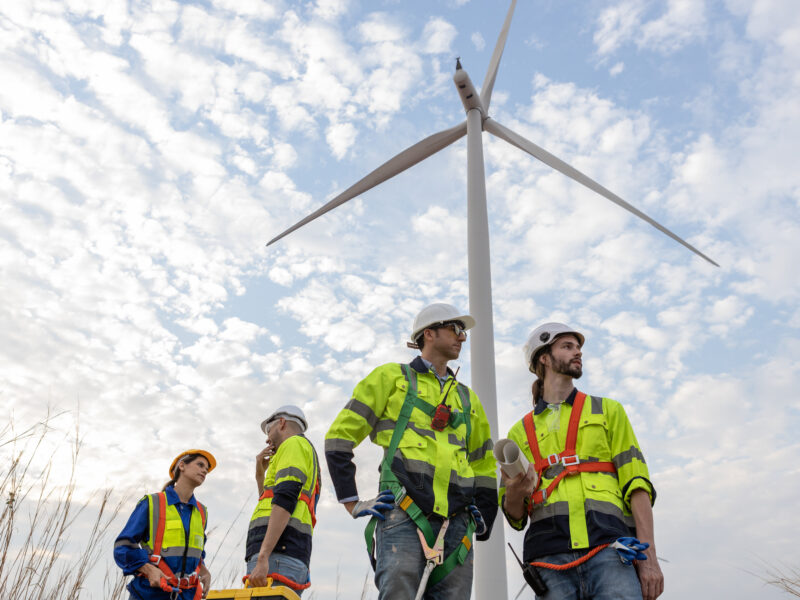Research + White Papers
Research
Learning from One Another: A Comparative Analysis of Labour Market Needs and Corresponding Skills in Northern Ontario, Yukon, and Nunavut
Labour markets in Northern Ontario, Yukon, and Nunavut are changing, but the pace and scale of that change are not well understood. This multi-year project provided a roadmap for governments, communities, and education and training providers to improve regional workforce readiness for existing and emerging opportunities.
Research
Skills for Productivity, Prosperity and Well-Being in Canada: A Canadian PIAAC Research Agenda
Canada is in the midst of a productivity and growth challenge. Part of the issue is skills. New PIAAC data released at the end of 2024 provides Canada with an opportunity to improve understanding of relationships among skills, productivity, prosperity and well-being, and to use that knowledge to design better policies and programs.
Research
Emissions Reduction and Demand for Skilled Trades
Canada’s push to meet its climate targets will reshape both the construction sector and the broader demand for skilled trades. If policies outlined in the 2030 Emissions Reduction Plan (ERP) continue to take effect, demand for skilled trades in construction and supporting sectors (e.g., rail) will shift dramatically, driven by new sustainability standards, infrastructure priorities, and green technology advancements.
Research
Retaining Canada’s Healthcare Workforce
This research will examine how healthcare workers move into and within Canada. Through focus groups with representatives from regulatory bodies and healthcare educators and a thorough examination of data from the Canadian Institute for Health Information and provincial regulatory bodies, we will develop recommendations for retaining healthcare workers, distinguishing between strategies for domestically or internationally trained professionals.
Research
Employment Impacts of Canada’s Emission Reduction Plan
This research examines the effect of the federal government’s Emission Reduction Plan (ERP) on Canada’s labour market.
Research
The Impact of Artificial Intelligence on Employment, Productivity and Skills Development in Quebec
This research project aimed to produce a report on the impacts of artificial intelligence (AI) on the Quebec labour market.
Research
Recruiting and Retaining Indigenous Professionals
Indigenous professionals play a vital role in advancing economic reconciliation and expanding community-driven opportunities, yet they remain considerably under-represented in senior leadership roles in business, finance, and administration.
Research
The Impact of Having Children on Careers
The findings of this report address two related issues. The first concerns the penalties women face when they become mothers, notably loss of employment income and diminished career opportunities. The second is the concern that younger adults in Canada today may be less interested than previous generations were in having children.
Research
Supporting Mid-Career Workers with Disabilities
This project, Supporting Mid-Career Workers with Disabilities, focused on addressing the employment barriers that persons with disabilities, particularly those aged 35 to 49, face in Canada.










